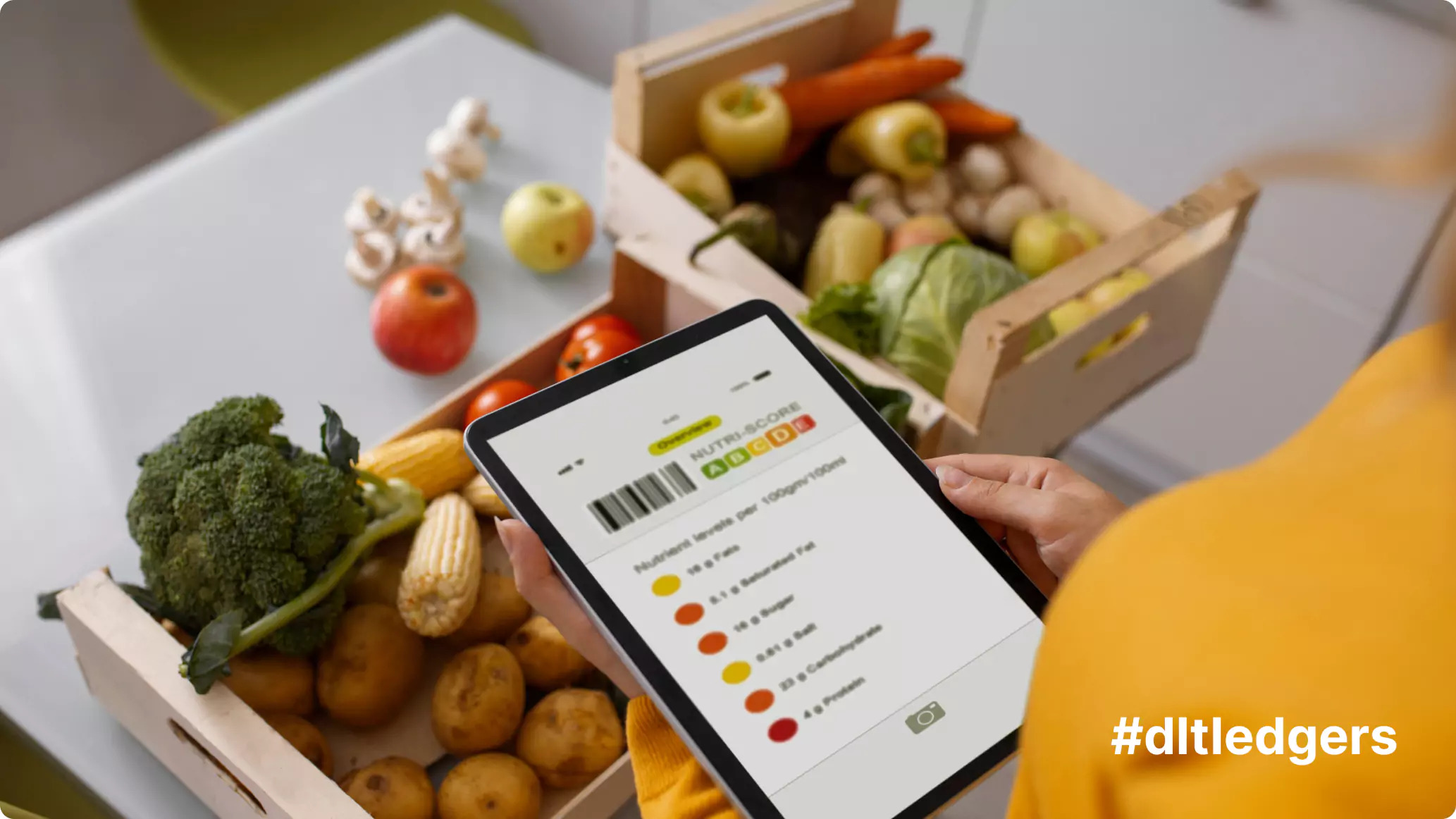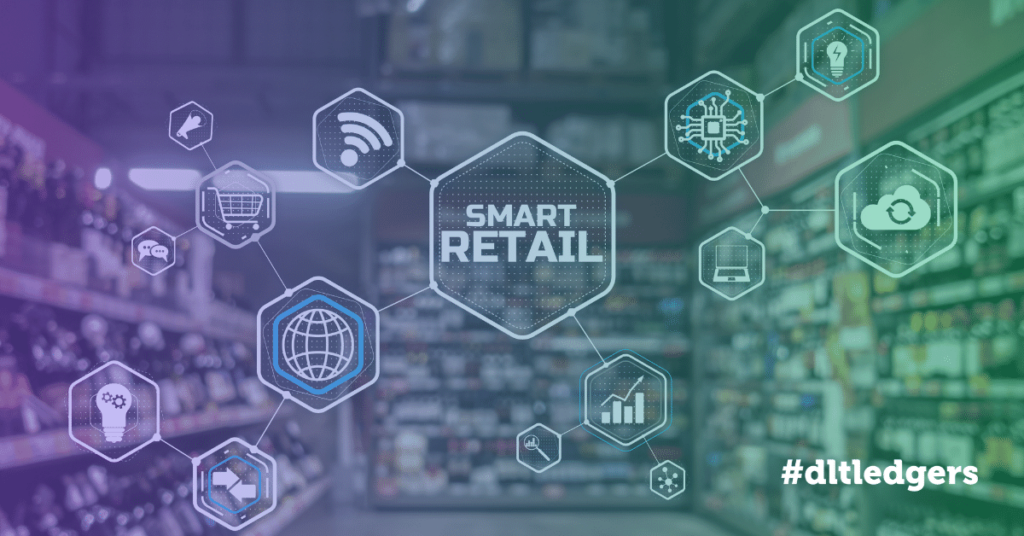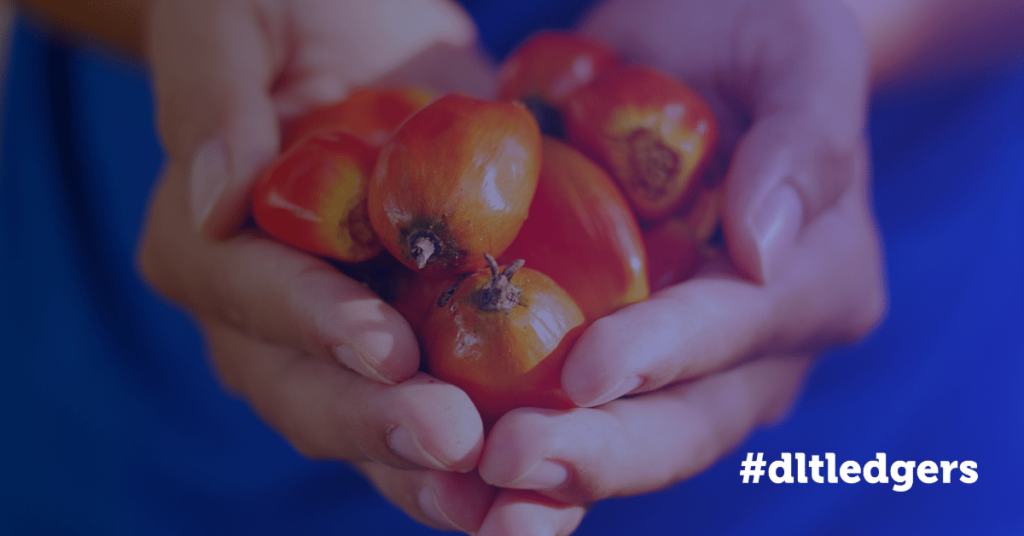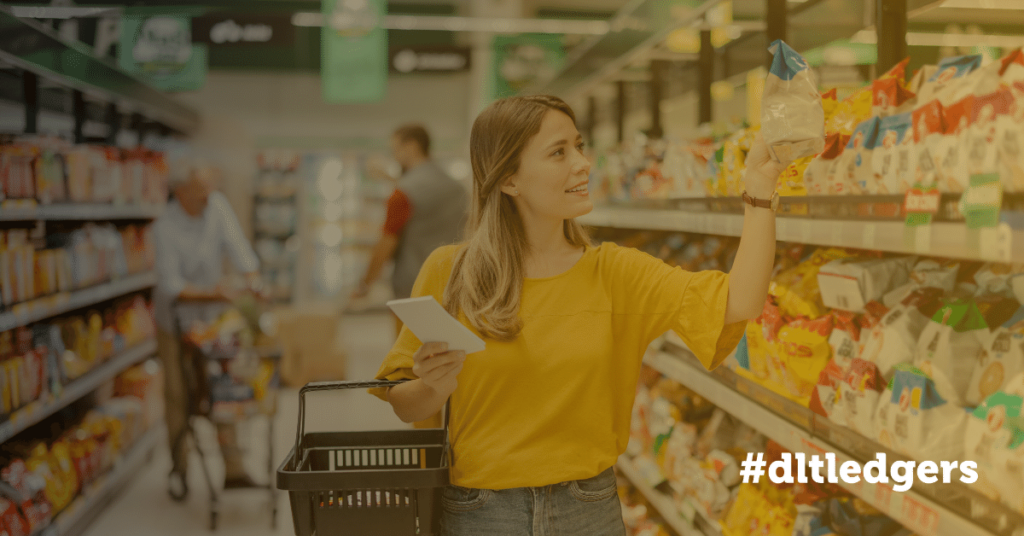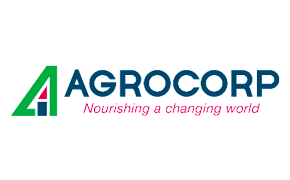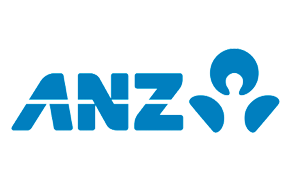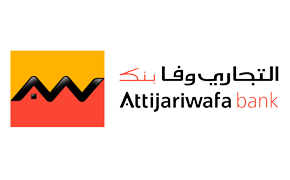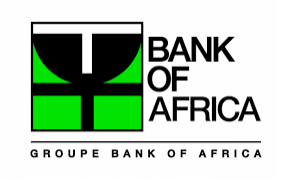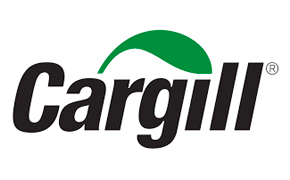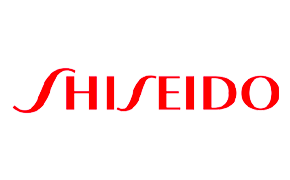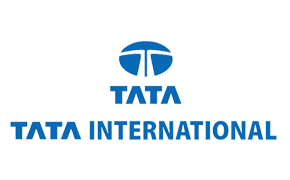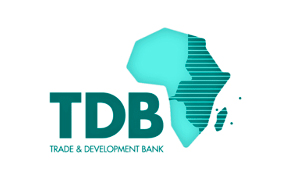The Critical Need for Transparency in Our Food Sources
In an age where conscious consumerism is on the rise, transparency in food sourcing has become more than a luxury—it’s a mandate. Consumers are increasingly demanding to know not just the nutritional content of their food, but also where it comes from, how it’s grown, and the journey it takes to reach their plate. This level of traceability is crucial for ensuring the sustainability and safety of our food supply chains.
The Role of Blockchain in Reinventing Food Traceability
Blockchain technology, at its core, is a decentralized ledger that offers a secure and immutable record of transactions. In the context of the supply chain, blockchain creates a transparent and unalterable record of each product’s journey. For food traceability, this means every step—from farm to processing to distribution to retail—can be recorded and verified.
Amplifying Traceability with Blockchain: Key Advantages
Immutable Record-Keeping
Blockchain’s ledger cannot be altered retroactively, which ensures the integrity of food source data is maintained. This immutability is essential for building trust between producers, retailers, and consumers.
End-to-End Visibility
Blockchain provides visibility throughout the entire supply chain. This means any stakeholder, including the end consumer, can trace the product’s journey back to its origin.
Rapid Response
In the event of a food safety issue, blockchain can quickly identify the source and distribution of the affected product, facilitating a swift response that can potentially save lives.
Case Studies: Blockchain Bites into the Food Industry
“From Farm to Fork”: Tracking Organic Produce
Companies like IBM Food Trust have partnered with major food suppliers to utilize blockchain for tracking organic produce. This partnership ensures that the organic items consumers purchase are genuinely organic, from the moment they’re planted to when they’re placed in a shopping cart.
“Sea to Plate”: Ensuring Sustainable Seafood Sourcing
Startups such as Viant, in collaboration with the World Wide Fund for Nature (WWF), are employing blockchain to track the sourcing of seafood. This initiative aims to combat illegal fishing and promote sustainability in the seafood industry.
“Grain Chain”: Ensuring Integrity in Grain Transactions
Blockchain platforms such as #dltledgers’ Proteus platform can be used to verify the authenticity and fair trade status of grains, along with ensuring that transactions are secure and transparent. Companies like AgriDigital are also executing smart contracts to ensure farmers are paid fairly and immediately upon delivery.
The Future Plate of Food Traceability
Blockchain technology is setting the stage for a major overhaul of how we track and verify food sources. As it continues to gain traction, we can expect a future where the origins of our food are just a quick scan away, with every stakeholder in the supply chain held accountable for their role in the sustainability journey.
The transformative potential of blockchain in sustainable supply chains is enormous. For industry stakeholders, now is the time to embrace this technology and lead the charge toward a transparent, efficient, and sustainable future of food.
Schedule a meeting with one of our experts to learn how blockchain technology can revolutionize your supply chain.
